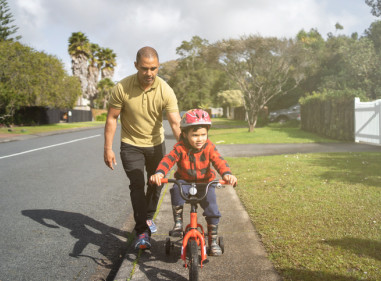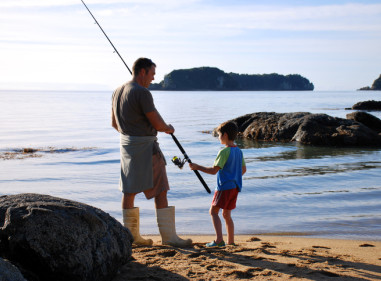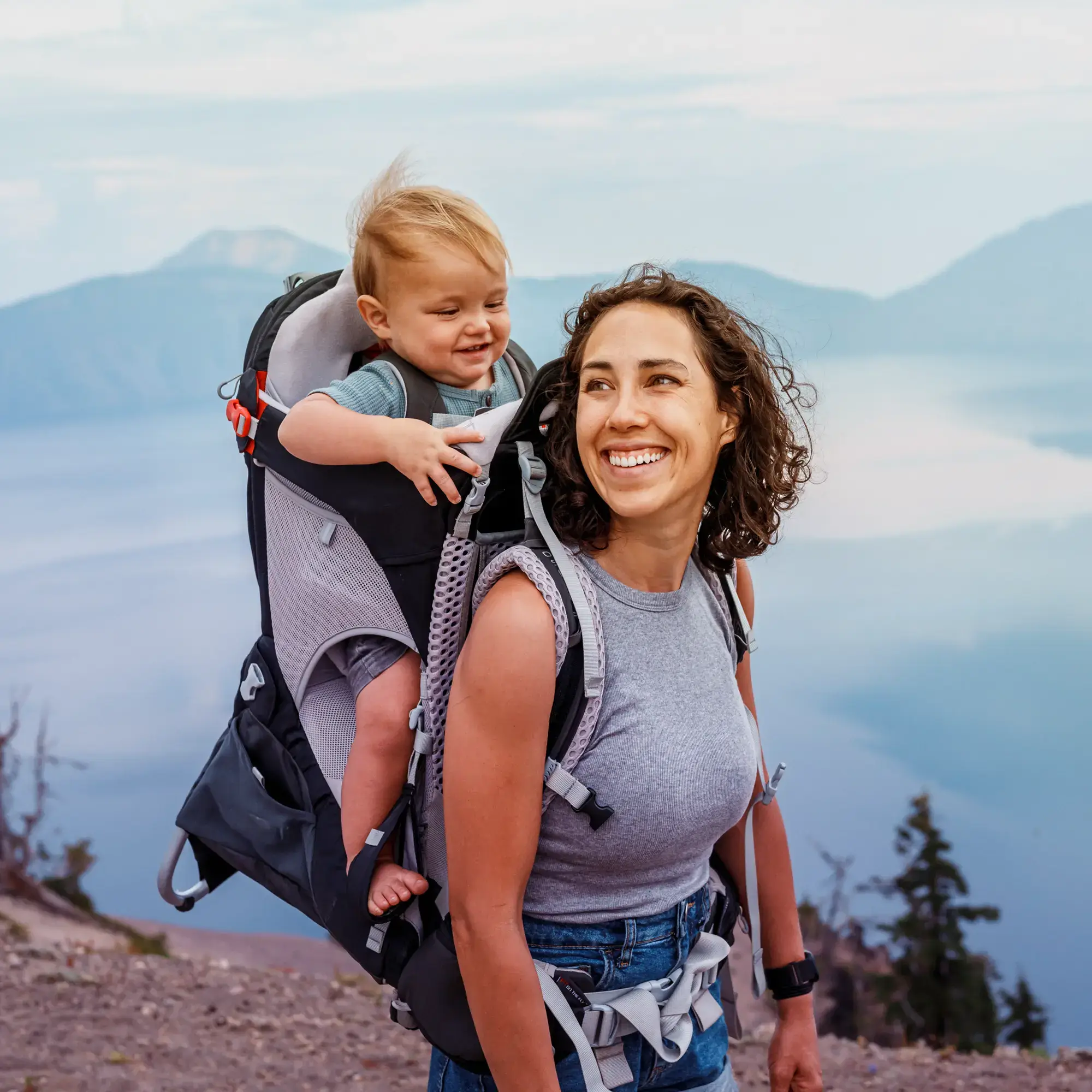
Planning & budgeting
Saving & investing
KiwiSaver
Tackling debt
Protecting wealth
Retirement
Home buying
Life events
Setting goals
Money tracking
Plan your spending with a budget
Getting advice
Studying
Get better with money
What pūtea beliefs do you have?
How to build up your emergency savings to cover unexpected costs
How to save your money
How to start investing
Find a financial adviser to help you invest
Your investment profile
Compound interest
Net worth
Types of investments
Term deposits
Bonds
Investment funds
Shares
Property investment
How KiwiSaver works and why it's worth joining
How to pick the right KiwiSaver fund
Make the most of KiwiSaver and grow your balance
How KiwiSaver can help you get into your first home
Applying for a KiwiSaver hardship withdrawal
How to use buy now pay later
What you really need to know before you use credit
How to get out of debt quickly
Credit reports
Know your rights
Pros and cons of debt consolidation
Credit cards
Car loans
Personal loans
Hire purchase
Student loans
Getting a fine
What happens if I start to struggle with moni?
How to protect yourself from fraud and being scammed
About insurance
Insurance types
Insuring ourselves
Wills
Enduring powers of attorney
Family trusts
Insuring our homes
Losing a partner
Redundancy
Serious diagnosis
How to cope with the aftermath of fraud
Separation
About NZ Super – how much is it?
When you’re thinking of living in a retirement village
How to plan, save and invest for retirement
Manage your money in retirement
Find housing options in retirement
Four approaches to spending in retirement
Planning & budgeting
Saving & investing
How to build up your emergency savings to cover unexpected costs
How to save your money
How to start investing
Find a financial adviser to help you invest
Your investment profile
Compound interest
Net worth
Types of investments
Term deposits
Bonds
Investment funds
Shares
Property investment
View all
KiwiSaver
Tackling debt
How to use buy now pay later
What you really need to know before you use credit
How to get out of debt quickly
Credit reports
Know your rights
Pros and cons of debt consolidation
Credit cards
Car loans
Personal loans
Hire purchase
Student loans
Getting a fine
What happens if I start to struggle with moni?
View all
Protecting wealth
Retirement
Home buying
Reading time: 5 minutes

Sorting out your will brings peace of mind to you and those you’re close to.
Should you exit this world sooner than expected, what would you like to see happen? What would bring you the most joy? A legal document that’s uniquely yours, a will gives directions to ensure your people, pets and things will be taken care of long after you’ve finished your innings.
One in five readers said they created or reviewed their will after clocking this guide – and for those planning on retiring soon, it was one in three. Have a look for yourself...
People mainly use wills to document the family members they want to provide for if they die, and how they want to distribute what they own. Wills also let us specify who we’d like to look after our kids, or leave special gifts and meaningful things to people or organisations of our choosing. They can include special instructions for a funeral, and they typically name the person who will carry out our wishes.
If we don’t have one, or if it’s not valid for some reason, what we’d like to happen may not. This could put our family into legal and financial difficulty.

If you already have a will, is it up to date? Does it reflect your current situation? Your financial or personal circumstances may have changed since you signed it.
1. When you get married, the will you wrote before marriage is no longer valid.
2. If you die without a will, your assets don’t automatically go to your partner.
3. If you die without a will, the government will use a formula to divide up your assets.
4. The last will you signed – even if it’s out of date – will be the one used if you die.
5. Wills aren’t just about what you leave to people – they can also identify the person you want to look after your children.
Don’t have a will yet or need to update your existing one? They typically get made in three ways:
Wills don’t have to be pricey. Some lawyers will even write one for free, so there’s no harm in asking around.
Instructions in your will can relate to:
It’s a good idea to set up enduring powers of attorney at the same time as making a will. People tend to think only the elderly are likely to need someone to manage their affairs, but nominating someone to act on our behalf can prove useful at other ages too. Here’s our guide.
A will needs both an executor and a trustee. An executor obtains probate of your will from the court (when required) and the trustee carries out your wishes as set out in your will.
Appointing a professional executor and trustee is often a good idea, particularly if your estate (what you’re leaving behind) is large or complicated. Some lawyers and professional trustee companies write wills for free, providing they’re named as executor. They’ll charge your estate a fee for acting as the executor and trustee.
Whenever you go through a big life change, like the birth of a child or a separation, you should review your will. For example, if you get married or enter a civil union, your will is automatically revoked, unless it states otherwise or specifically says that it was made with regard to the union. Other life events, like the purchase of a property, are all good reasons to check your will.
Keep a copy of your will in a safe and accessible place – and let the executor and your loved ones know where it is. If your will can’t be found, your last wishes can’t be followed.
Guide
Everyone needs an emergency fund. When things go pear-shaped, we need to cover ourselves and those we’re closest to. That’s…

Guide
When we’re fit and healthy, it’s hard to imagine life changing. But what would happen if we couldn’t earn an…

Guide
Become a real-life superhero by arming yourself with the information you need to fight fraud and keep yourself, your family…

Guide
The idea with a family trust is to protect the ownership of our assets. Here’s how these work: we transfer…

Guide
Sometimes things go pear-shaped. If an earthquake strikes, our house burns down, our car is in a crash or we…

Guide
An enduring power of attorney (EPA) is a legal document giving someone the power to act for us if we…

Guide
It can happen to anyone. Falling victim to a scam is far more common than we might think. Here we…

Guide
Life is full of risks of things that could happen – the house burning down, the car being stolen, illness…

Guide
The uncertainty that comes with losing a job or redundancy is a challenge, but leaving one role always opens up…

Guide
When a relationship ends – especially later in life – it can entirely upend your money life. Separating couples often…

Use verification code from your authenticator app. How to use authenticator apps.
Code is invalid. Please try again
Don't have an account? Sign up
Or log in with our social media platforms


A free account gives you your very own space where you can save your tools and track your progress as you get ahead.
Or sign up using Google:


